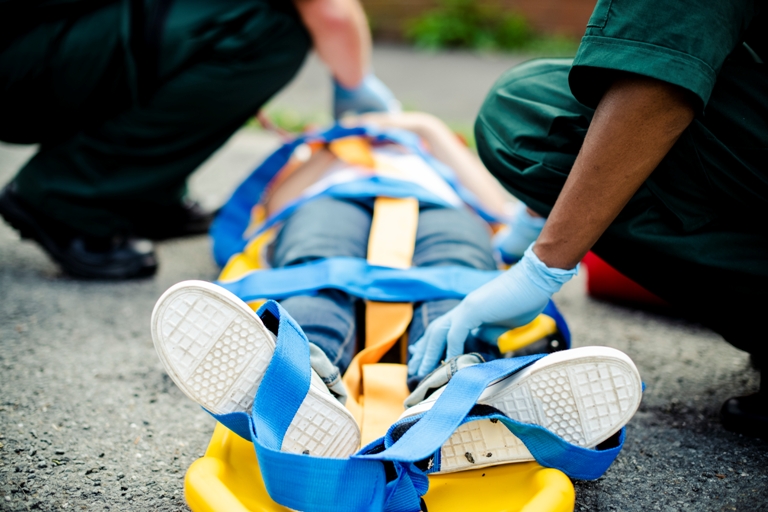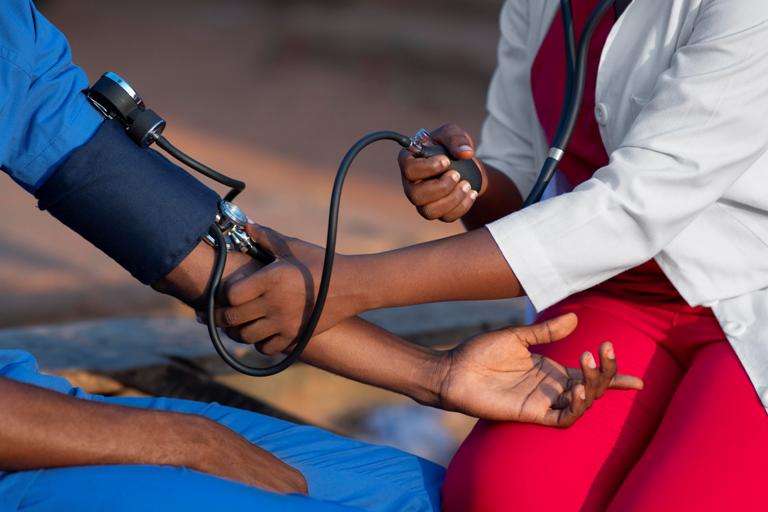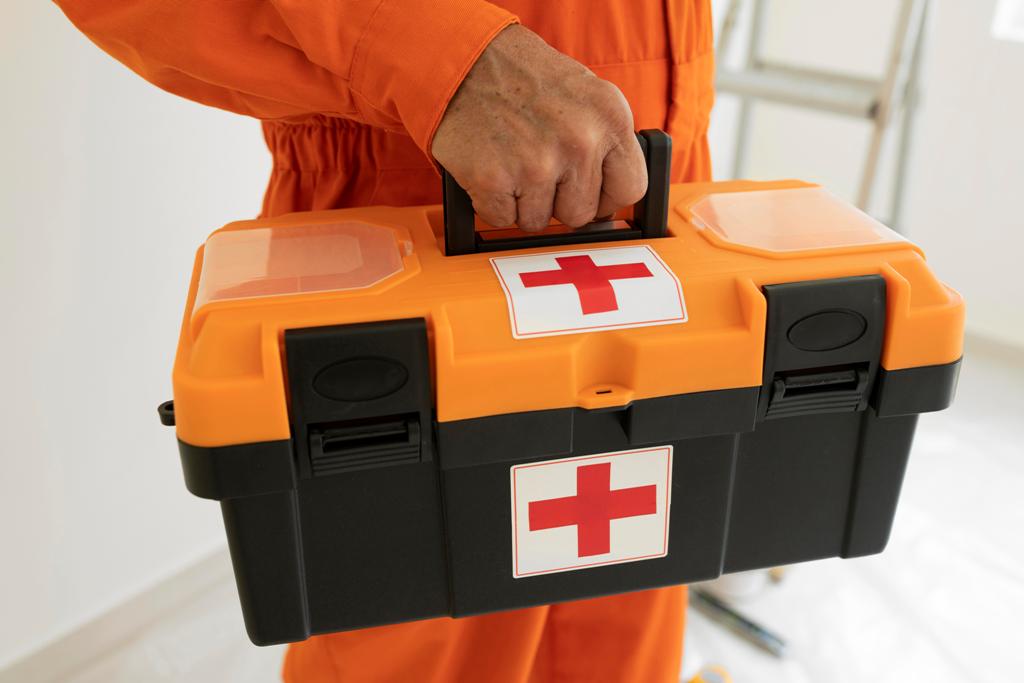In Nigerian schools, emergencies such as playground injuries, asthma attacks, and fainting spells are not rare occurrences. However, many schools still lack trained personnel capable of responding appropriately during such incidents. First aid training remains critically underutilized in the country’s education sector, despite its proven role in reducing injury-related deaths and complications.
Globally, the World Health Organization reports that unintentional injuries are a leading cause of death among children over the age of one. In sub-Saharan Africa, including Nigeria, delayed medical response in schools contributes significantly to preventable fatalities. An analysis by UNICEF Nigeria highlighted that most public and low-cost private schools lack adequate emergency preparedness measures, including trained first responders. First aid kits, where available, are often incomplete or misused due to lack of knowledge.
Introducing mandatory first aid training in Nigerian schools would not only enhance emergency response but also build a generation of safety-conscious citizens. Teachers, administrative staff, and even older students should be equipped to administer CPR, manage choking, or treat bleeding while professional help is on the way. In countries like the UK and Canada, schools are mandated to have a minimum number of certified first aiders. These policies have significantly reduced the time between incident and response, a factor known to increase survival rates by up to 50% in medical emergencies.


Moreover, embedding first aid training into the school curriculum from secondary level creates lifelong skill retention. Young people trained in emergency response are more confident and proactive in handling both domestic and community-level accidents. For a country like Nigeria, where emergency medical services are often delayed due to traffic or infrastructure challenges, having trained first responders in schools can bridge critical time gaps.
Policymakers, school administrators, and NGOs must collaborate to institutionalize first aid training in the Nigerian educational system. Training programs can be designed in partnership with certified health and safety institutions, offering both theoretical knowledge and practical simulation. The cost is minimal compared to the lives that can be saved and the health outcomes improved. Safety in schools should no longer be optional—it must be mandatory.





